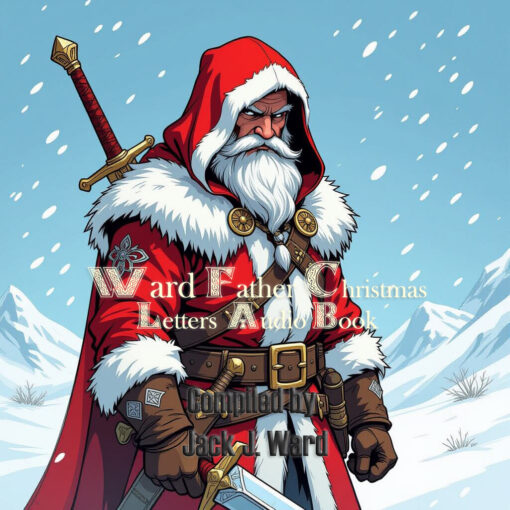
Original Air Date: 11272007
- Jerry Robbins Bumper
- Sonic Society Theme
- Jack and Shannon’s Intro/Zug Beud
- Feature Show- Spirit Blade- Part #2A powerfully produced dystopic Christian science-fiction thriller, makes its premiere podcast/broadcast performance here on the Society! Go check out the website for the continuation.
- Promo- The Writing Show
- Audio Short- The Jack and Shannon Show- Episode 3
- Jack and Shannon’s Extro
- Sonic Society Theme Out


